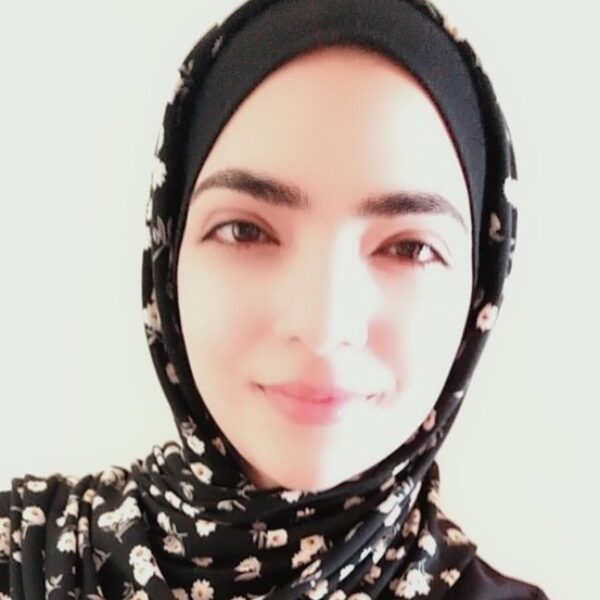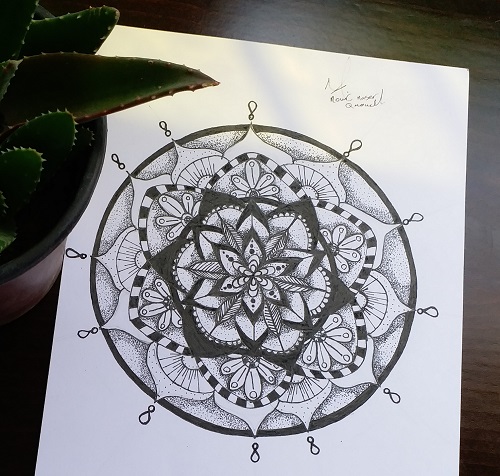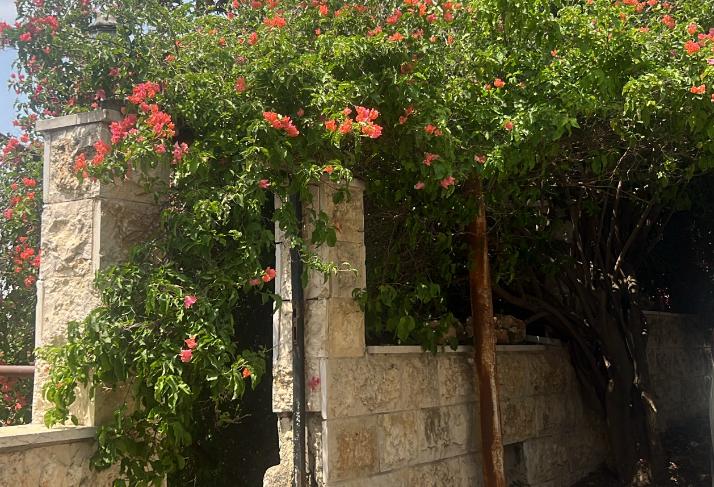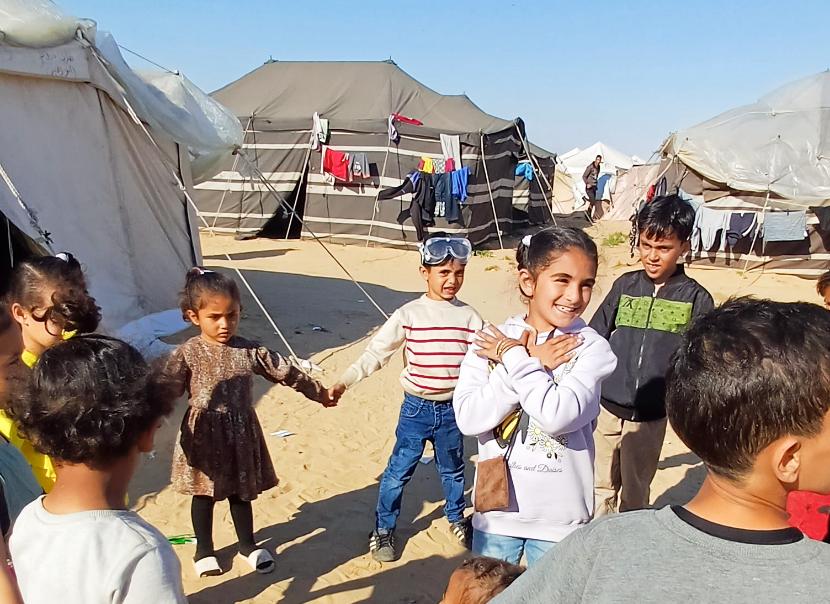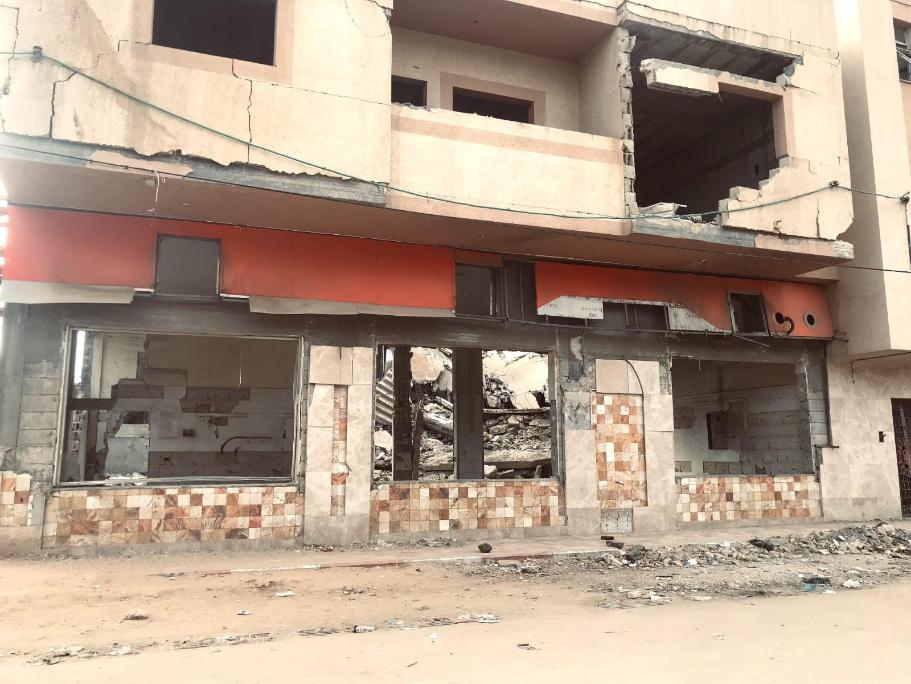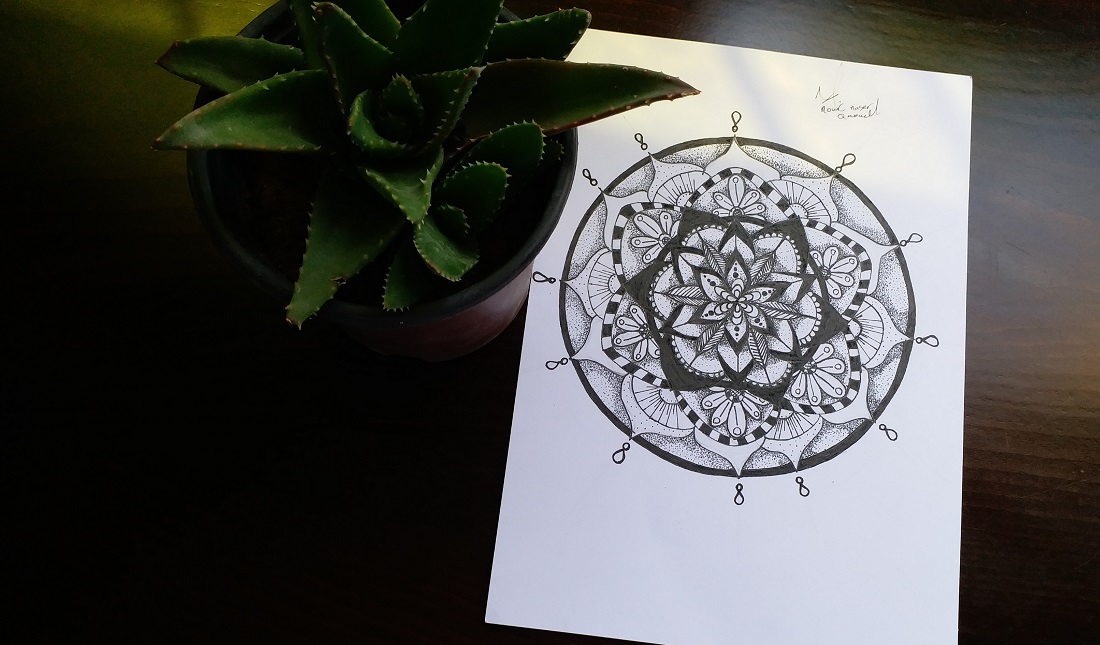
I have had excellent knowledge about the Palestinian cause since I was four years old. I have never travelled around Palestine, but I’ve always imagined how it is. My father has been great at telling me how gorgeous it is, but he didn’t tell me the bitter parts. Those I learned first-hand.
When Israel disengaged from Gaza in 2005, I was eight. I thought I would no longer find bullets in my room, walk along the street hugging the walls, or wake up scared in the middle of the night, but I was wrong.
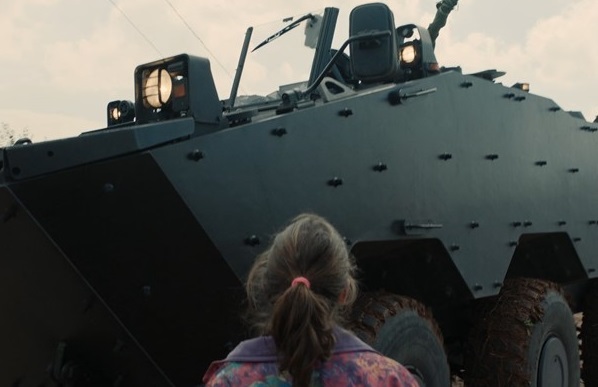
On December 27, 2008, everything turned upside down. I was in the school playground, enjoying my own company and waiting for my classes to start and, when the airstrikes started their murderous attacks. Nothing was clear to me except the mad-black sky and people running crazily everywhere. I wondered if it was the day of judgment. Maybe if it actually had been, we would have avoided the abusive events that continued afterward.
The war continued for 21 days. During the escalation, the Israeli army broke into our house in the middle of the night. It felt like a nightmare and to be honest, even now, it is still unbelievable to me. We were gathered around the light of what was left of the candle when the soldiers broke in and pointed their guns toward us. We raised our hands, surrendering immediately, but to them, that was not enough. Mom and I got kicked out of the house barefoot in the middle of the night and my dad was arrested for 12 hours.
I never thought we would make it, but we survived, physically at least. As the years go by, wars have not ceased, but they don’t shake me up so badly anymore. However, nightmares still hit me during my sleep.
Then there is the blockade and its consequent disappointments. I have not been able to carry on my education outside Gaza. I have not been able to get a job after my graduation due to the degraded economy here, and I have not been able to see youth bring social reform and improvement to our society.
Here in Gaza, we no longer cry over conflicts or wars, but we find other reasons to cry. If you lived here, you’d realize that this “cold war,” the blockade, is harder than the armed one. Personally, I think the consequences of the cold war mostly affect young people; it makes us feel worthless and hopeless. It affects our mental stability. This happens because of the deprivation of our basic rights, like the right to employment. In other words, instead of losing your loved ones in a bombing, you lose them to the pangs of hunger.
For myself, such disappointments blind my heart. But my faith always finds its way back to me. That’s when I realize that, no matter what happens, I have been chosen to be a fighter in this battle, and I won’t give up easily. I will do my best, as everyone else here does.
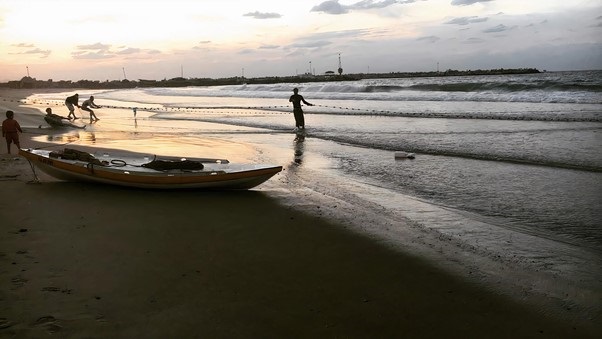
Sharing Beauty as a Way to Fight the Pain
Despite the mental and physical stress, we can still see beauty and hope. To show that to the world, I wander around the city to capture photos of unseen places and small details that create and confirm our identity. When I look at these places in my photos, some of them are stunning. Others have turned into ashes. I wonder, “How can a person be born attached to a piece of land, despite the tremendous pain here?” I wonder if this attachment is a gift from heaven.
Another way I seek beauty is through the art of mandala. Drawing mandalas is a way for me to relieve my stress. The mandala is a symbol with unlimited potential: it is a spiritual map to help guide us back to our natural state. I draw them on paper and also on walls and clothes. It’s mesmerizing that small details can create such pieces of art.
Life in Palestine is not the greatest nor the safest, but I’d choose it over and over again. We might be deprived of the right to self determination, but we choose to fight for it and for all our rights. This occupation can’t dictate what lies in our hearts, because our roots here run deep. Someday, we will thrive.

